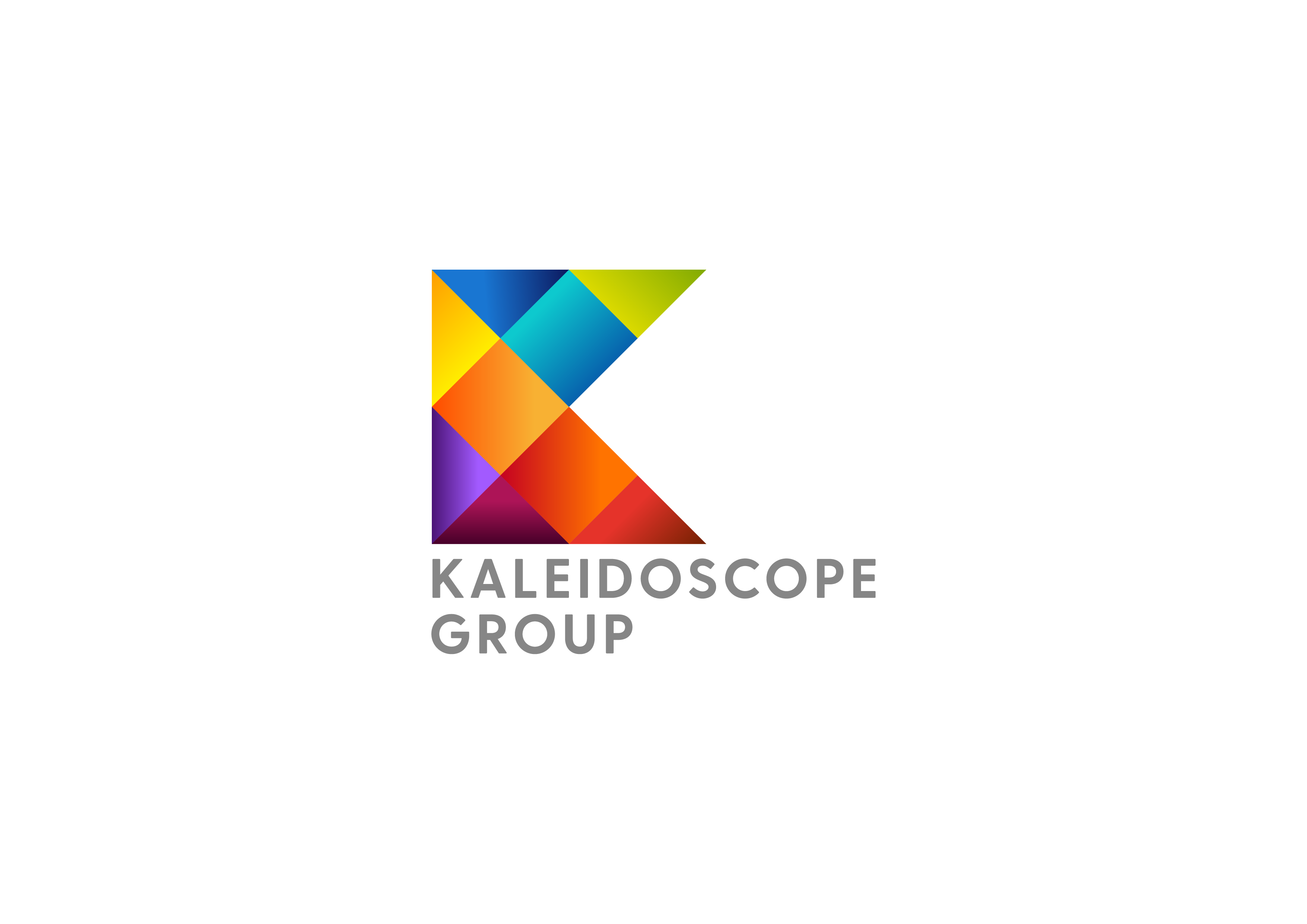
Getting around in the physical world is something many of us may take for granted. In UK this situation has been reviewed in The National Disability Strategy 2021 recognized and addressed, but more must be done, by best practice that protect people with disabilities from discrimination and guarantee them greater access to employment. We need to change the physical and social character of communities. We should embrace access to employment, services, education, the functions of government, and full civic participation.
What Do We Mean By Ensuring Access For People With Disabilities?
The term ‘disability’ means an individual has a physical or mental impairment that substantially limits one or more of his/her major life activities or an individual is regarded as having such an impairment. Caused by injury, disease, medical condition, neurological, chemical or developmental factors, severe disabilities affect about 14.1 million of the UK population.
About 21% of the population has some level of disability, a figure that expands to 72% for those 80 and older and shrinks to 11% for children ages 6 to 14. Four percent of the population over the age of 6 is severely enough disabled to need personal assistance with one or more activities of daily living. In global terms over 1.2 billion people have a disability impacting over 15%+ (likely 23%) of our one world, 1 blood colour.
Disabilities can be visible or invisible, physical, or otherwise. Most can result either from hereditary conditions or pre-birth developmental issues; from injury; from disease; from chemical imbalances; or, in some cases, from environmental factors.
Everyone has a right to an education appropriate to her talents and needs. The Government Departments in the UK as well as laws in many other countries, guarantee education for students with disabilities. Many schools that guarantee extend through to university, undergraduate and graduate students’ education, and training (without discrimination) at colleges and universities.
Why Ensure Access For People With Disabilities?
- People with disabilities have the same rights as others, including the right to fully participate in community life.
- Denying people access to services is not only unfair; it wastes human resources and makes society poorer. Genius with unique world challenging solutions is invariably Neuro – Diverse.
- It makes good business and economic sense. For commercial operations of any kind, accessibility means that people with disabilities can become customers, increasing sales volume and profits.
- Annual spend in the UK by disabled families is worth 274 billion pounds annually and $13 trillion globally.
- People with disabilities add diversity to the community, and that diversity enriches the community. If they can integrate into the community, they will have the opportunity to make more friends and more people will have the opportunity to know them.
- Access for people with disabilities improves access for everyone. Making public spaces and facilities physically accessible for people with disabilities also makes them more accessible for people who may not have disabilities, including families with baby walkers, skateboarders, and bicycle riders. Making ramps a built-in feature of the environment benefits everyone.
Access in Education
The National Disability Strategy states that 6- to 18-year-olds are entitled to an education appropriate to their needs. For children with disabilities this usually means an Individual Education Plan (IEP), arrived at with the participation of the school, the parents, and often other professionals, as well as the student, if they are mature enough. If the plan includes an alternative placement (in a private school or another public school with special facilities), the cost might be borne by the council, as well as the parents.
By law, a child has the right to be educated “in the least restrictive environment possible,” which means placing children with disabilities in regular classrooms wherever possible. Thus, a child with a learning disability that affects her mathematics performance might have an individual tutor for mathematics, but still participate with the rest of her class in other subjects. A child using a wheelchair might have a regular class schedule, with help provided if necessary to get from one class to another (in middle or senior school) or to assist with activities (in elementary school).
Higher education as public facilities (private institutions) or government entities (public colleges and universities) have an obligation to provide admitted students with whatever accommodations they need to learn in the same way as students without disabilities. Facilitators, interpreters, readers, notetakers, and other accommodations are often required, as long as they propose no undue administrative or economic hardship for the institution, and as long as they don’t disrupt the normal functioning of the educational programmes for others.
The fact that there are laws in the U.K and other countries doesn’t mean that they’re enforced. Furthermore, there is still much to be done around the world. In 1993, the United Nations passed the Standard Rules on the Equalization of Opportunity for Persons with Disabilities, a document that sets out what countries need to do to assure that people with disabilities can live their lives to their full potential and gain equal access and equal opportunity for people with disabilities in the United Kingdom.
What Are Kaleidoscope Group Doing To Promote Talent
There are many helpful advocacy organisations out there. Kaleidoscope Group work with talented individuals with disability, as well as entrepreneurs with disability, to ensure the empowering of ambitions and companies are realised.
At Kaleidoscope Group, our vision is to help shape a world where we see no difference in ‘different’ and where every disabled person is given a fair opportunity to realise their full potential and find purpose. We offer expert training, knowledge and guidance on all thing’s disability. From Kaleidoscope Recruitment for employers and employees to Kaleidoscope Advisory for a company-wide review assessing policies, practices, recruitment and hiring processes, leadership, monitoring, engagement and physical / environmental accessibility.
